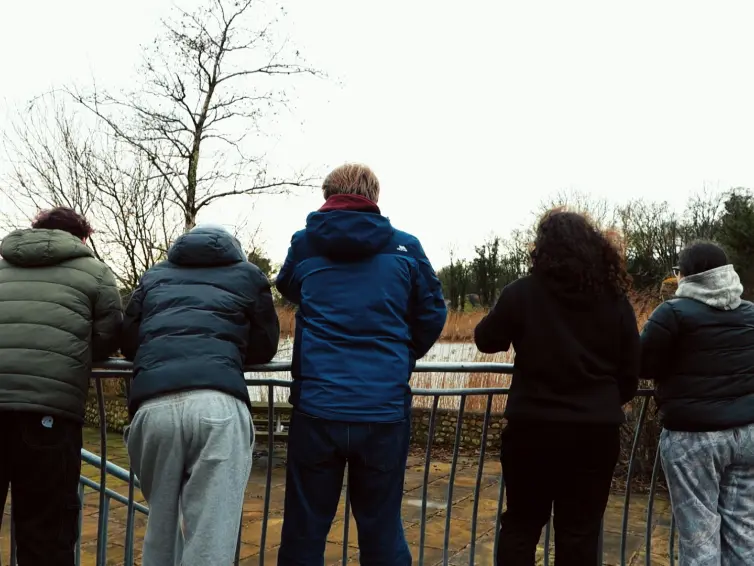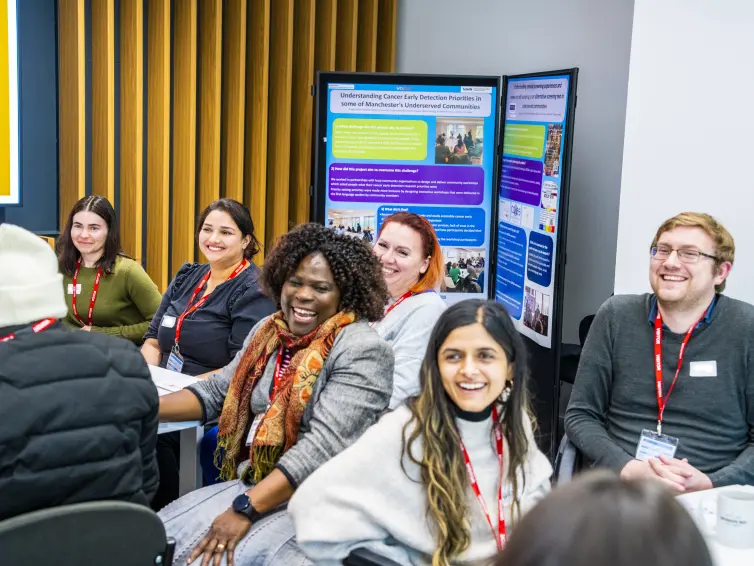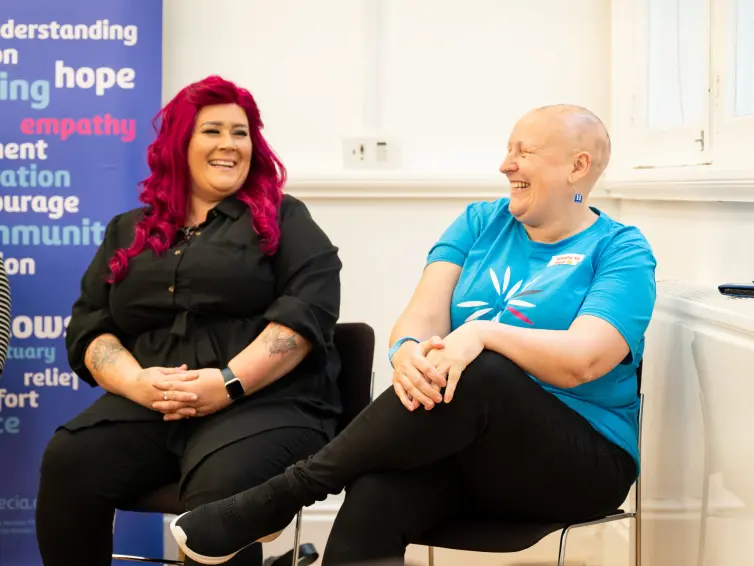Tackling drug-resistant infections together
Involving patients and carers in funding decisions
Bacterial infections that are resistant to current antimicrobial treatments, such as antibiotics, are a global health concern. It is estimated that over 39 million people worldwide could die between 2025 and 2050 due to a lack of effective treatment options.
To ensure that patients and the public have a say in new treatments to tackle Antimicrobial Resistance (AMR), Vocal’s UK-wide AMR patient network worked with a UK based public-private initiative, Pathways to Antimicrobial Clinical Efficacy (PACE), to allocate £10 million funding for the development of new AMR medicines. This was the first time patients and carers with lived experience of drug-resistant infections, had contributed to PACE’s funding decisions.
The new patient and public advisory group is made up of people from all walks of life with an interest in the public health implications of AMR. Some have lived experience of caring for family or friends who have recurrent and resistant infections, others have personal experience of complex health conditions and long-term antibiotic use.
It was fantastic to understand what research is being considered and great as a patient to be able to consider the proposals and make suggestions for improvements or suggest that I didn't think that the research should be funded.
Joanne, Patient, Advisory group
The PACE team shortlisted 21 research funding applications from around the world. Then advisory group members reviewed and scored the lay summaries, then and met to discuss and reach consensus on the top-ranking research studies that met the following criteria:
Is it clear how the treatment would make a difference to patients?
Are patients’ needs and priorities considered?
Is the project explained in a way that was easy to understand?
Does the research have the potential to transform how we might treat resistant infections?
The group were asked which projects they would recommend for funding and to suggest areas for improvement in the way the lay summaries were written.
What was important for patients and carers?
The advisory group prioritised applications that clearly explained how patient’s lives would be affected and improved by the research. They looked for projects that had considered the treatment in the context of ‘real-life’ situations. For example, how the treatment would work if taken alongside other antibiotics and medication, which is the reality for many people with complex medical needs.
The group wanted to see that researchers had considered how the research would support health equity, enabling the highest level of health for all people. They looked for evidence that the group were planning to engage with people with lived experience and understand the communities that they were aiming to help, before starting any clinical trials. They also made suggestions for how researchers could communicate the potential of new treatments in accessible ways, for example by using diagrams.
What happened next?
The group’s feedback, scoring and final ranking of projects was presented to the PACE Scientific Project Advisory Group of international experts, by their Vocal representative. This helped to put patients at the heart of each decision and to focus discussions about patient impact.
The perspectives of patients and carers helped us prioritise a research portfolio that is both scientifically promising and also aligned with the needs and priorities of those who will ultimately benefit from new treatments. We believe that by bringing people closer to research we can better tackle global healthcare challenges like AMR.
Eamon Dubaissi, Partnership Manager, PACE
The successful projects will be announced in World Antimicrobial Awareness Week 18-24 November 2024.
For those with complex medical needs and for parents and carers it gives us hope for the future.
Vicky, Parent, Advisory group
Public partners will be working with Vocal and PACE again in 2025 on a funding call focusing on new ways to diagnose bacterial infections and helping healthcare professionals make timely treatment decisions.
If you would like to have a say in projects like this visit Get Vocal about Antimicrobial Resistance and click on the Get involved button to add your contact details and a member of the Vocal team will be in touch.


